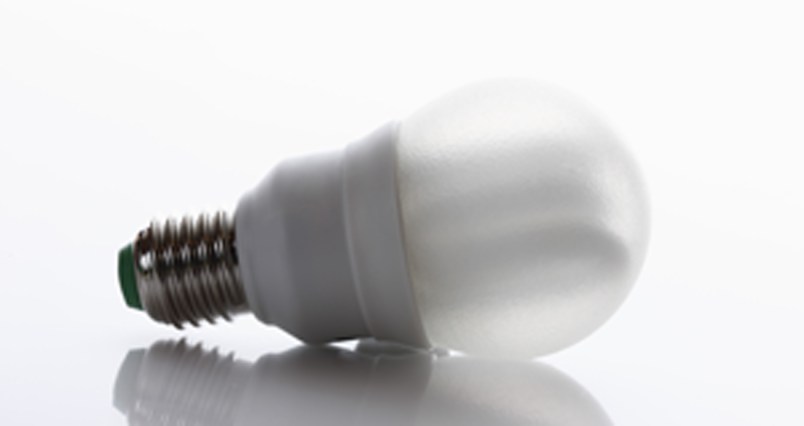Scientists have known for years that lightbulbs can be made to be more efficient, and could last longer, but it wasn’t until 2007 that Congress mandated a federal standard that would ensure manufacturers produce better lightbulbs.
That relatively obscure 2007 rule, part of a broader energy bill signed into law that year by President Bush, burst into the spotlight in 2008 when Rush Limbaugh put it on the public radar by complaining about it as a prime example of government intrusion into individuals’ lives.
Ever since then, the issue has become a talisman for Tea party activists and their representatives in Congress, who have characterized the rule as the bogeyman of Big Government.
The House is scheduled to vote on a Rep. Joe Barton (R-TX)’s “Better Use of Lightbulb (BULB) Act” either late Monday or early Tuesday, where it’s on the suspension calendar. That means that a two-thirds vote is required to approve the legislation, and there will be no debate allowed on it. Sen. Mike Enzi (R-WY,) has offered a similar bill in the Senate, but nobody expects it to gain any traction. In addition, the White House on Monday issued a statement opposing the legislation.
The 2007 rule establishes phased-in performance-based standards that already kicked in this year in California, and will become the official rule starting in 2012. Beginning January 1, 2012, U.S. regulators will require manufacturers to produce a 100 watt lightbulb that’s about 30 percent more efficient than existing incandescent light bulbs on the market, but which produces the same amount of light. Some of those more efficient lightbulbs are already on the market. The same increase in efficiency will phase in for 75, 60 and 40 watt light bulbs over the next two years.
One might expect the light bulb manufactures to be on Barton and the Tea Partiers’ side.
But in fact they oppose the legislation.
“Manufacturers over the last three years have made investments in plants and equipment, and have been positioning factories to met these new standards, and the repeal would strand that investment,” said Kyle Pitsor, vice president of government relations for NEMA, the association of electrical and medical imaging equipment manufacturers.
“It would also create further regulatory uncertainty relative to what would be conditions regarding different states’ requirements, and put at a competitive disadvantage US companies,” he told TPM.
And he re-iterated a point that Nancy Pelosi and others have made in the past few days about this debate: People who have said that the 2007 legislation would “ban” incandescent light bulbs are just flat out wrong.
“This is to clarify that incandescent light bulbs aren’t being banned by this federal standard,” he said. “Consumers are going to have incandescent light bulbs that are 30 percent more efficient and will reduce their electrical bills on average by about $100 a year per family.”
Europe, Canada, and even Mexico is putting in place similar energy efficiency regulations, he noted. The U.S. is simply one of many countries moving in this direction.
What do you think about this debate in Congress? Share in the comments below.
Have a story for Idea Lab? Please send them to Idealab@talkingpointsmemo.com.









